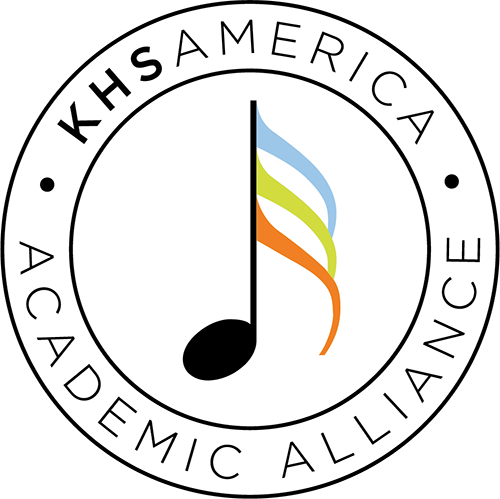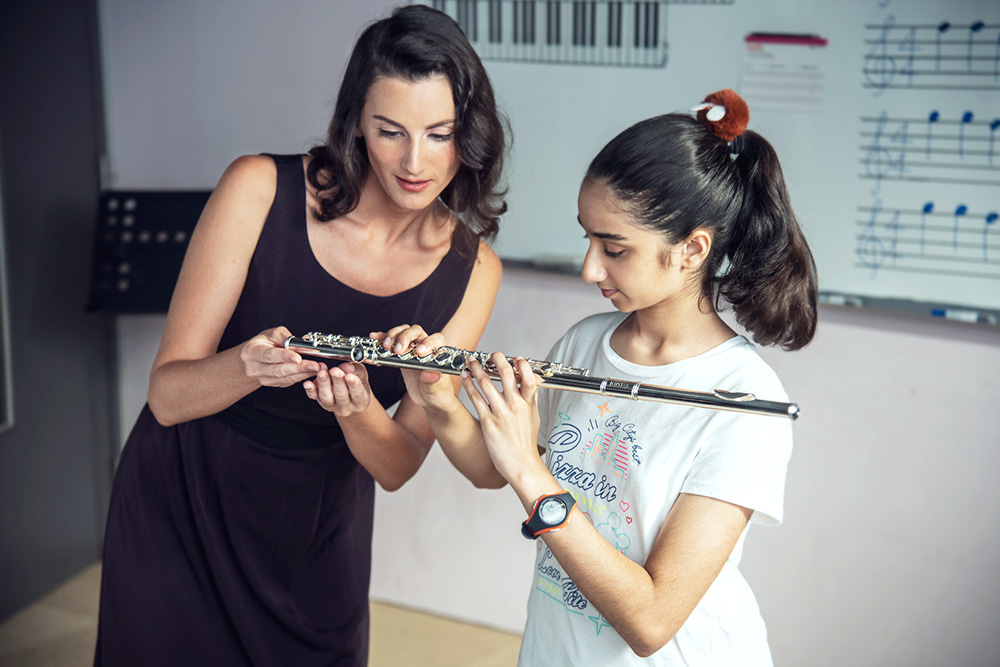Motivating students to greatness—or even “goodness” on their instruments—has always been a challenge for band directors everywhere. Since the Covid-19 pandemic, that challenge has increased—from rural Montana to urban New York City, the struggle is real.
The most motivating factor for most students is recognition of their own improvement. If a struggling student sees the slightest increase in their own abilities, it’s very encouraging. The question then becomes, how do students get motivated to strive for that improvement in the first place, prompting each student to be the best version of themselves as a musician?
It may seem like Band 101, but one of the easiest and yet most crucial things you must do first is to be certain each student’s horn is in good playing condition. You’d be surprised how often this critical component is overlooked. There’s nothing more deflating and UNmotivating than things like poor reeds, bent keys, missing parts, sprung springs, misaligned rotors, missing spit valves, etc. It’s nearly impossible to make good tones or maneuver a piece of music with any of these types of impediments.
When you “catch” a student doing something well, don’t just tell them, but also call the parent(s) to brag on their child. That not only motivates the student, but the parent is certain to reinforce the positive feedback at home, spurring the student on to further improvement. It’s almost addicting for some students to hear positive comments from a teacher and/or their parent(s). The comments motivate the student to replicate the same type of behavior in order to elicit ongoing positive feedback.
On the journey to improvement and feeling motivated, instead of hearing, “Go practice,” students need to hear specifics like:
- Practice slow to fast.
- Break down phrases.
- Isolate trouble spots, instead of starting at the beginning.
- Play a phrase with near perfection three times before moving on.
With a plan and a more-focused practice regimen, students are ready to hear some good news: “The better you get, the more fun band is.” I say it a lot!
If students aren’t able to afford private lessons on their own, and depending on your budget, it’s always best to incorporate private lessons whenever possible. The individual attention (even if it’s two or three students per lesson) is invaluable for spurring on and motivating students. This is a true secret to success for many students.
Be sure to use technology to your advantage, incorporating some of the many musical apps: Band Mate for young students and Tonal Energy are two of my favorites. You should check them out. I’ve also seen Band Karate used very effectively. It’s a motivational tool where students chart their skill development and their progress in any method book by testing for “belts.” Each belt represents a specific skill (or learning target) which students need to master in order to play more challenging music.
Positive peer pressure can also be a key motivator. Encouraging students to brag on each other or to “catch” each other doing something well is highly motivating. Peers can be a great resource for holding each other accountable as they encourage each other to play to the best of their ability.
Obviously, some students will never reach a high proficiency level, but are they motivated to do their best? If they are, it’s a win-win for you and the students because they’re also likely having fun! And after all, “The better they get, the more fun band is.” Where have I heard that before?
About the Author
GREGORY SNYDER is founder and conductor of the Nashville Youth Wind Ensemble (BelmontAcademy.net/NYWE). He mentors band directors and holds clinics for band programs in Nashville and across the U.S. Mr. Snyder is an adjunct professor for Bowling Green State University and Belmont University. He is director of bands emeritus, Lakota West High School, West Chester, Ohio, and an elected member of the prestigious American Bandmasters Association. For more information, go to GregSnyderBand.com. Greg is an education clinician for the KHS America Academic Alliance.
The content of this Blog article or Banded Story is the intellectual property of the author(s) and cannot be duplicated without the permission of KHS America and/or the author(s). Standard copyright rules apply.



 We look forward to the evolution of this exciting program, and welcome feedback on how we can further enhance the work that you do in music education.
We are excited to offer your program the opportunity to join the KHS America Academic Alliance today.
We look forward to the evolution of this exciting program, and welcome feedback on how we can further enhance the work that you do in music education.
We are excited to offer your program the opportunity to join the KHS America Academic Alliance today.